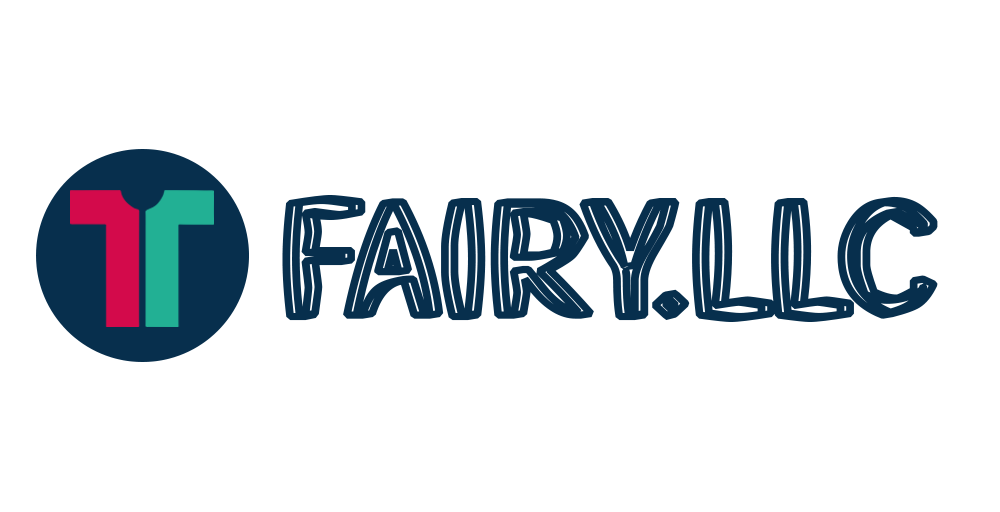A Patriot Must Always Be Ready To Defend His Country Against His Government Skeleton American Veterants T-shirts
A Patriot Must Always Be Ready To Defend His Country Against His Government Skeleton American Veterants T-shirts, hoodie, tank top, sweater, long sleeve tee
The design of a T-shirt can be a powerful statement, capable of conveying complex ideas and emotions in a readily accessible visual format. The product described in the title represents a potent combination of patriotism, veteran status, and a provocative message. Examining its potential impact necessitates a careful consideration of each element, from the symbolism of the skeleton to the implied relationship between a citizen and their government. This design is aimed at sparking debate, invoking strong feelings and perhaps acting as a visual call to arms for some individuals. Its interpretation will vary greatly, dependent on an individual’s worldview and political beliefs.

The inclusion of “Skeleton American Veteran” imagery undoubtedly carries a significant weight. The skeletal figure, often associated with death and the fragility of life, serves as a reminder of the sacrifices made by those who have served in the military. It could be interpreted as a poignant tribute to fallen soldiers, immortalized in the very fabric of the nation’s history, or perhaps a somber acknowledgment of the physical and psychological toll war takes on veterans. The graphic design on the T-shirt, therefore, directly confronts the viewer with a visual representation of the human cost of conflict and the enduring impact of service. It could evoke feelings of respect, gratitude, and empathy for the veterans who have served this country.

Further elaborating on the message presented by the clothing piece, the phrase “A Patriot Must Always Be Ready To Defend His Country Against His Government” is a bold and potentially controversial assertion. This statement presupposes a belief in the inherent right, perhaps even the duty, of a citizen to resist governmental overreach or tyranny. The interpretation hinges on the definition of “country” versus “government”. Is the “country” perceived as its people, ideals, and values, as opposed to the structure of the ruling power? This phrasing implies the possibility of a scenario where the government itself becomes a threat to the very principles it should be upholding. This framing opens the door to discussions about civil liberties, governmental accountability, and the balance of power within a democratic society.











Reviews
There are no reviews yet.